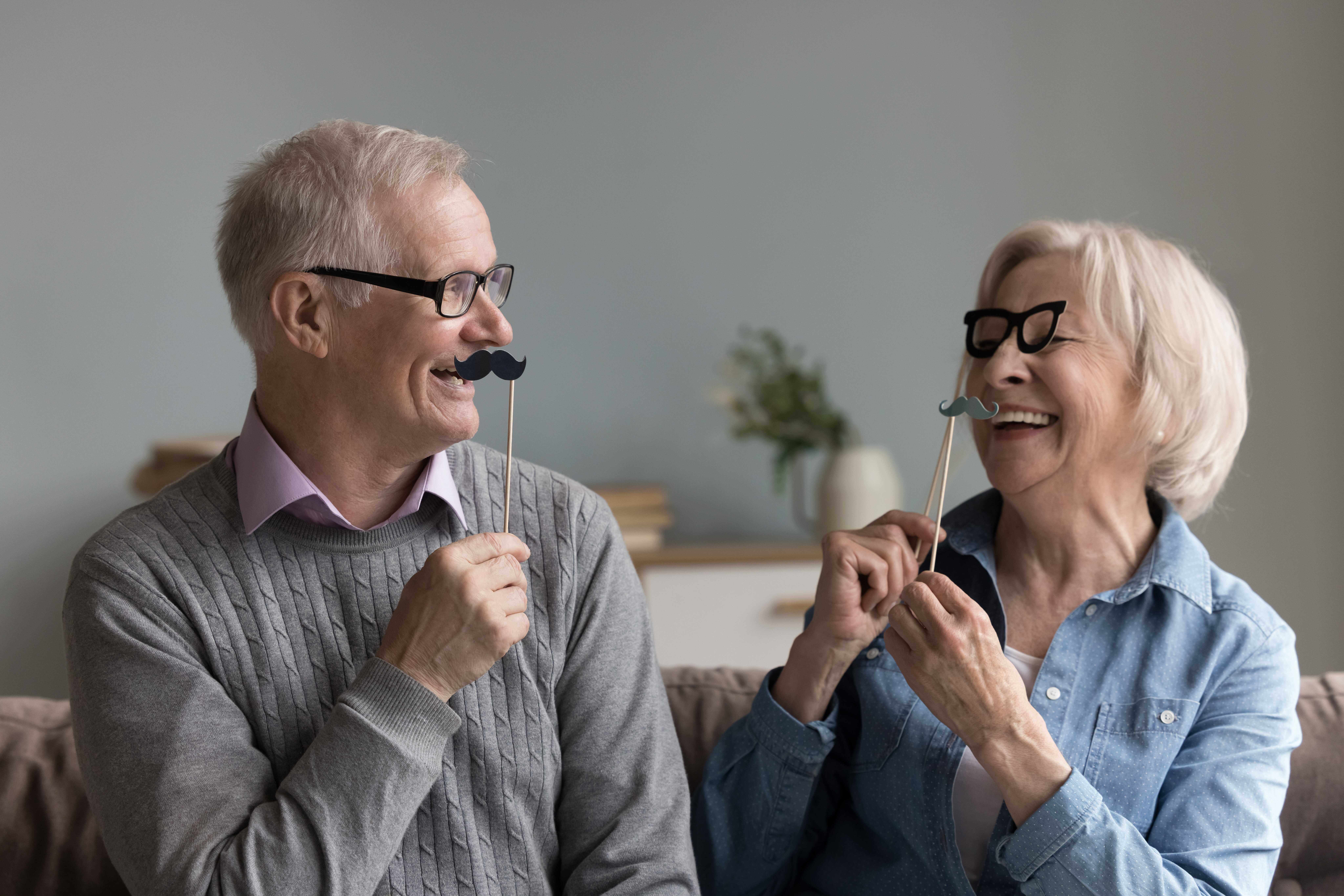6 Warning Signs You’re Dating Someone Avoidant

I used to be drawn to them like a moth to a flame – those mysterious, emotionally distant people who kept me wondering if they’d ever truly let me in. As someone who deeply feared abandonment, I found myself repeatedly attracted to partners with avoidant attachment styles. The irony? In trying to avoid being left, I kept choosing people who were emotionally unavailable.
The pattern was painfully familiar: I’d meet someone who seemed perfect on the surface – successful, attentive (at first), and often incredibly charming. Their subtle emotional unavailability felt both challenging and oddly comfortable. Why? Because it matched my own fears about relationships. Their distance triggered my anxiety, which made me try harder to win their affection, creating a toxic dance of pursuit and withdrawal.
But here’s what I finally learned after years of heartache and healing: chasing someone who can’t meet your emotional needs isn’t love – it’s a replay of old wounds. Through my own healing journey, I transformed my attachment style from anxious to secure, and now I help others do the same.
That’s why I’m sharing these crucial warning signs – not to judge those with avoidant attachment (after all, I understand the deep roots of attachment patterns), but to help you make conscious choices about your relationships from the very beginning.
Let’s explore the tell-tale signs that someone might have an avoidant attachment style, so you can make empowered decisions about your love life and find the secure, fulfilling relationship you deserve.
What is Avoidant Attachment?
Before we dive into the signs, let’s understand that avoidant attachment isn’t a choice or a character flaw. It’s a protective mechanism developed early in life, often in response to experiences where emotional needs weren’t consistently met. This understanding is crucial because it helps us approach the topic with compassion rather than judgment. However, it’s important you pay attention to these signs as this is someone who will not be able to meet your emotional needs.
The Amazing Listener Who Never Shares
Picture this: You’re having coffee together, sharing your deepest thoughts about work, family, and life. They nod attentively, ask thoughtful questions, and seem completely engaged. Yet when it’s their turn to share, they skillfully redirect the conversation or offer surface-level responses that leave you wondering what’s really going on beneath the surface.
But by month 3 or 4, you realize something: you still know almost nothing about them. When you try to dig deeper, they smoothly change the subject or give vague answers about their past relationships or feelings. It’s like trying to get close to someone who’s mastered the art of keeping you at arm’s length.
Hot and Cold Dance
One of the most confusing aspects of dating someone with an avoidant attachment style is the seemingly unpredictable rhythm of closeness and distance. One week, they’re sending you sweet good morning texts and making weekend plans. Then suddenly – poof! They go distant for days, only to resurface with a casual “Sorry, been crazy busy!”
What makes this pattern particularly challenging is that it often occurs right after moments of genuine intimacy. No further explanation, no real acknowledgment of the disappearing act. It’s enough contact to keep you interested, but not enough to feel secure.
The “I’m Really Independent” Speech
There’s something admirable about someone who can handle life’s challenges independently. But when the person you’re dating refuses help even when they’re clearly struggling, it might signal an avoidant attachment pattern.
Maybe they insist on nursing themselves through illness alone, or they tackle major life decisions without seeking input from anyone – even you. This isn’t just about being independent; it’s about an ingrained belief that depending on others is somehow dangerous or weak. If they’re proudly telling you on date two how they “don’t really need anyone” or “like to handle everything on their own,” consider this a potential warning sign.
There are also signs that someone is trustworthy. Check out this video for real-life examples. [Article Continued Below]
Future-Talk Fear
Have you noticed how the person you are dating seems to get uncomfortable or change the subject when you bring up future plans? Whether it’s discussing concert tickets for next month or planning next year’s vacation, they might respond with vague commitments or deflect entirely.
This reluctance isn’t necessarily about their feelings for you – it’s often about the perceived loss of freedom and autonomy that deeper commitment represents to someone with avoidant attachment.
Physical Intimacy But No Emotional Vulnerability
Here’s an interesting paradox: They might be completely comfortable with physical intimacy but struggle deeply with emotional vulnerability. They might be affectionate, loving to cuddle, and physically present, yet find it challenging to express their feelings verbally or engage in deep emotional conversations.
This disconnect between physical and emotional intimacy often leaves their partners feeling confused and sometimes hurt. After dating for several months, they seem fine with casual dates but start acting strange when you suggest meeting their friends and family. It’s like there’s an invisible line they won’t cross.
The Emotional Wall
When you’re going through a crisis, they might spring into action with practical solutions and logical support. They’ll help you make a plan, offer concrete suggestions, and maybe even take charge of solving the practical aspects of your problem. You feel like you’ve met someone who really cares about your well-being.
However, when it comes to providing emotional support – sitting with you in your pain, offering comfort when you’re crying, or just being present during emotional moments – they might seem awkward or distant. You’ll slowly start to see them pull away, which can trigger the feeling of abandonment. Know that there’s nothing wrong with you for having feelings; it’s them. It’s often too overwhelming for them to support through an emotional challenge as they have difficulty processing their own emotions.
What To Do About It?
Remember, recognizing these signs isn’t about judging someone – many people with avoidant attachment have developed these patterns due to past experiences. But when you’re dating, you need to think about what kind of relationship you want and whether someone is capable of showing up for that.
Dating is challenging enough without trying to break through someone’s emotional walls. Get clear about your relationship non-negotiables, communicate them, and honor your requirements. While people can and do work on their attachment styles, it’s not your job to fix or change anyone. Sometimes, the kindest thing you can do – both for yourself and them – is to recognize these patterns early and make informed decisions about whether this is the right relationship dynamic for you.
While recognizing these patterns is the first step, it’s not enough to create lasting change. If you’ve seen yourself or your dating experiences reflected in this article, know that avoidant attachment isn’t a life sentence. Through conscious work and understanding, you can develop a more secure attachment style and create the deep, fulfilling relationship you deserve.
I help singles and couples transform their attachment patterns and build meaningful connections. Ready to explore what’s possible? Let’s start with a free Relationship Readiness Review. In this 30-minute session, we’ll uncover your current attachment style, identify what’s holding you back, and create a clear path forward toward secure, fulfilling relationships.
→ Schedule Your Free Relationship Readiness Review and take the first step toward the connection you deserve.
Your future self (and your future partner) will thank you for doing this inner work now. Because everyone deserves to experience love without walls.
The post 6 Warning Signs You’re Dating Someone Avoidant appeared first on Amie Leadingham - Amie the Dating Coach | Master Certified Relationship Coach | Online Dating Expert | Author .


